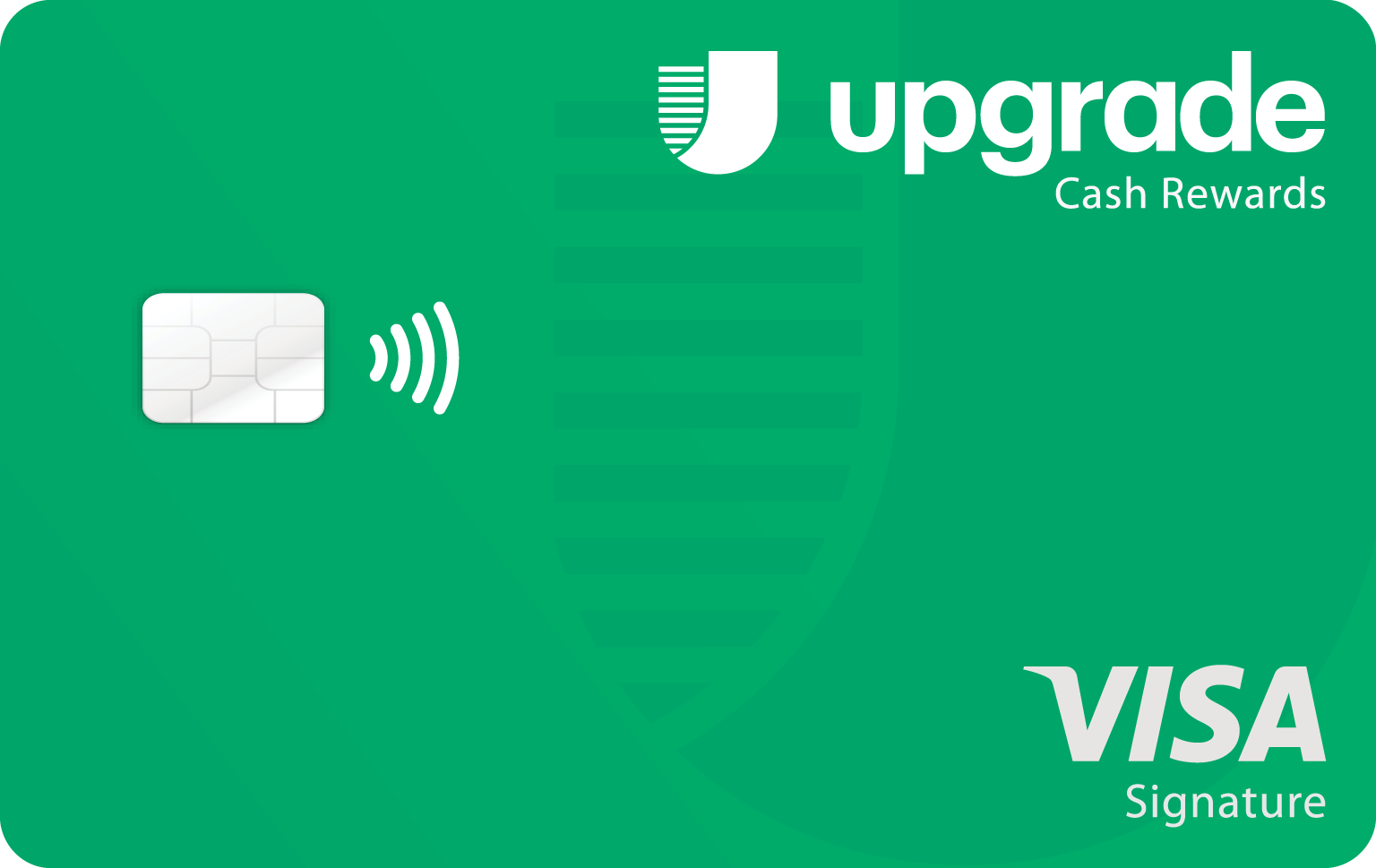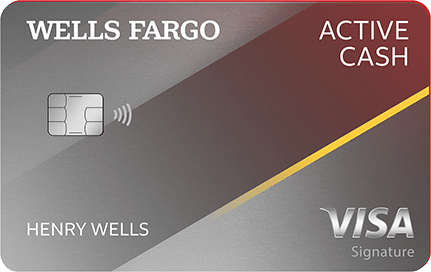CompareOffers.com's guide to credit cards
How do credit cards work?
A credit card is a financial product that allows you to make purchases and pay for them later. When you're approved for a credit card, you receive a credit limit that determines the maximum amount you can charge to the card. As you make purchases, your available credit decreases. When you pay your bill, your available credit increases.
When you use a credit card to make a purchase, the following steps are involved:
- Use your credit card to make purchases. When it's time to pay for something, use your card at the cash register by running it through a card reader or entering your card information online on the checkout page.
- Your credit card company authorizes your transaction. The credit card processing company contacts your credit card company to verify that the card is valid and you have sufficient credit available for the purchase amount. If everything is okay, the transaction is authorized.
- The seller receives their funds The bank that issued your credit card sends money for the purchase to the merchant where the transaction took place.
- You pay your credit card bill. When you receive your credit card statement by mail or electronically, you will see a list of the transactions you processed that month with your credit card. You pay the full balance or at least the minimum payment due to the bank.
With a credit card, you can carry a balance from month to month, which means you can make a partial or minimum payment instead of paying your balance in full. The downside to carrying a balance is the potential interest charges determined by your credit card's annual percentage rate (APR), which is the cost of borrowing money. Keep in mind that credit card interest is only relevant if you carry credit card debt from month to month. It's best to pay your balance on time and in full whenever possible.
How do credit card rewards work?
Credit cards typically offer one of three types of rewards: cash back, travel miles, or points.
Cash back rewards
Cash back rewards are the simplest form of credit card rewards. When you make a purchase with a credit card that offers cash back, you earn a percentage of the purchase amount as cash back. For example, if your card offers 3% cash back in a certain spending category, and you make a $100 purchase in that category, you would earn $3 in cash back. You can typically redeem cash back as a statement credit (a credit to your account that lowers the amount you owe), a deposit to your bank account, or a gift card.
Travel miles rewards
Travel miles rewards work similarly to cash back, except that instead of earning cash back, you earn miles that can be redeemed for travel. For example, if your card offers 3X miles on a certain purchase, and you make a $100 purchase in that category, you would earn 300 miles. The value of your miles will depend on how you redeem them, but they are typically best used for booking airfare.
Points rewards
Points rewards work in a similar way to travel miles, except that points can be redeemed for a wider range of rewards, including travel, cash back, and other rewards. For example, if your card offers 3X points on a certain purchase, and you make a $100 purchase in that category, you would earn 300 points. The value of your points will depend on how you redeem them, but they often offer more flexibility than travel miles.
Why should you use a credit card?
There are several reasons why you might want to use a credit card:
- Credit cards can be convenient. Instead of carrying around a lot of cash or writing checks, you can use a credit card to make purchases easily and quickly.
- Credit cards offer protection against fraud. If your credit card is lost or stolen, you can report it to the issuer and get a new card. If unauthorized charges are made to your account, you are not responsible for paying for them.
- Credit cards can help you build credit. If you use a credit card responsibly, paying your bills on time and keeping your balance low, it can help improve your credit score. A good credit score can make it easier to qualify for loans and other financial products with favorable terms in the future.
- Credit cards can earn rewards. Many credit cards offer rewards, such as cash back, travel miles, or points, that you can earn on your purchases. These rewards can save you money or provide other benefits.
- Credit cards can offer convenience and security when traveling. When you use a credit card to pay for things while traveling, you don't have to worry about carrying a lot of cash or exchanging currency. Additionally, if your credit card is lost or stolen while you're traveling, you can report it and get a replacement card more easily than if you were carrying cash.
How many credit cards should you have?
There is no set number of credit cards that is right for everyone. The number of credit cards you should have depends on your individual financial situation and goals. Some people may be happy with just one credit card, while others may want to have several credit cards to take advantage of different rewards and perks.
Here are some things to consider when deciding how many credit cards you should have:
- Can you manage multiple credit cards responsibly? If you're not good at keeping track of your spending and paying your bills on time, having multiple credit cards can be overwhelming and could lead to financial problems. On the other hand, if you're disciplined and organized, having multiple credit cards can be a good way to earn rewards and take advantage of different offers.
- Do you have the credit to qualify for multiple credit cards? If you have a limited credit history or a poor credit score, you may not be able to qualify for multiple credit cards. In that case, it's better to focus on building your credit and improving your score before applying for additional credit cards.
- Can you afford the annual fees? Some credit cards charge an annual fee, and if you have multiple credit cards with annual fees, those fees can add up quickly. Make sure you can afford the annual fees before applying for multiple credit cards.
In general, it's a good idea to have at least one credit card for emergencies, and then you can decide whether to have additional credit cards based on your individual circumstances and goals.
Avoid these common credit card pitfalls
While there are a lot of advantages to using a credit card, be careful to avoid these common credit card pitfalls. Here are some things to avoid with credit cards:
- Don't max out your credit cards. Keeping your credit card balances low is important for maintaining a good credit score. High balances can also be expensive, because they will result in higher interest charges.
- Don't apply for too many credit cards at once. Each time you apply for a credit card, the issuer will do a hard inquiry on your credit report, which can temporarily lower your credit score. If you apply for too many credit cards at once, you could end up with a lot of hard inquiries on your credit report, which could have a more significant impact on your credit score.
- Don't forget to pay your bills on time. Paying your credit card bills on time is important for maintaining a good credit score and avoiding late fees. If you're having trouble making your payments on time, contact your credit card issuer to see if they can help.
- Don't close old credit cards. Closing old credit cards can hurt your credit score because it reduces your overall credit limit and can increase your credit utilization ratio. If you don't want to use an old credit card, it's better to leave it open and use it sparingly.
- Don't use your credit card for cash advances. Credit card cash advances are expensive and can have high fees and interest rates. It's better to avoid using your credit card for cash advances if possible.





